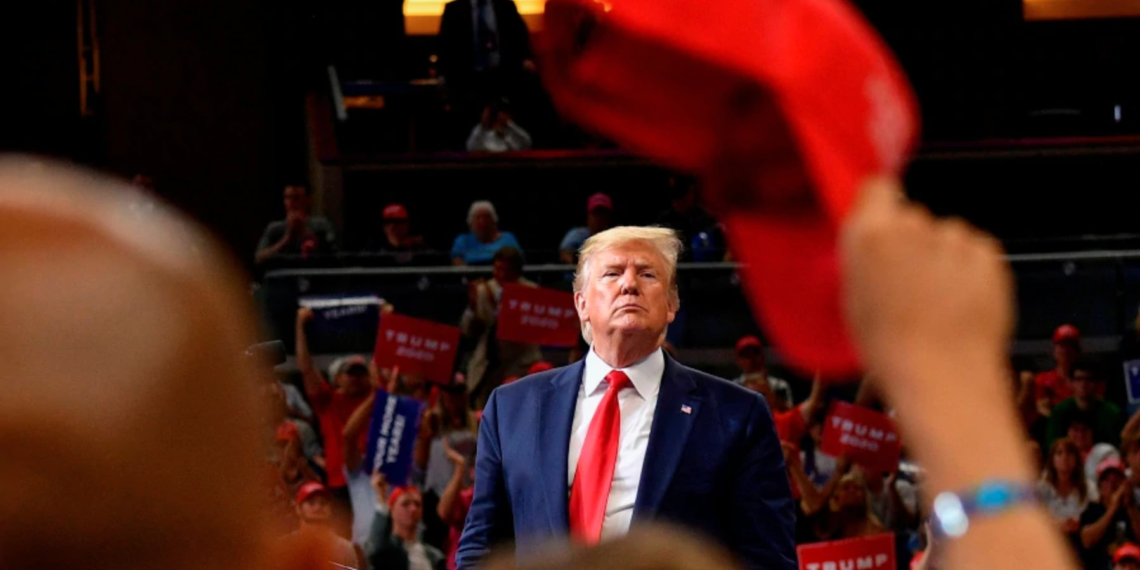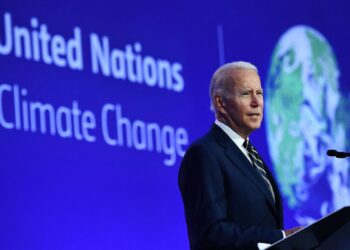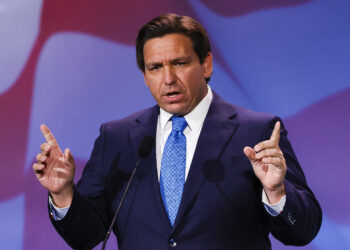The Democratic party is suffering from too-many-candidates-itis. With big names such as Joe Biden, Bernie Sanders, Kamala Harris, and Elizabeth Warren fighting for the 2020 nomination, Democrats have a tough decision to make. However, keeping in mind that the nominee will likely face Donald J. Trump, Democrats are looking for an “electable” candidate.
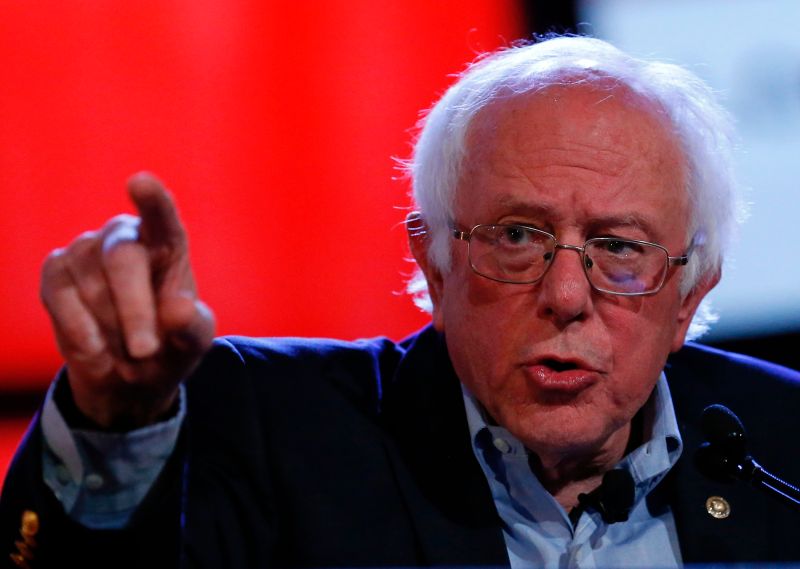
This means that Democrats are searching for someone who will attract the most voter support. Although the candidates’ policies are important, their social identities are perhaps just as influential in determining their electability. Despite the contenders’ plans for 2020, the color of their skin may end up being a better indicator of their success.
Skin Color
Since voters tend to align with candidates of the same race, Caucasian voters assume that Caucasian politicians are “more likely to achieve [their] goals than black politicians,” according to Dr. Linda F. Williams.
Caucasian voters are the dominant voting demographic in America, so sharing that social identity gives certain candidates an early advantage. Race is an easily identifiable trait of all people, which allows it to play to the bias of voters before a single debate, article, or statement is released.
Take for example Barack Obama: despite his proposed policies in 2008, the race between him and John McCain became a battle of races. Americans were unsure if they were ready for an African-American president, and questions surrounding Obama’s citizenship are still debated today. Racial privilege oppresses politicians of color and their policies. This inequality inherently enhances racism through the lack of voice of candidates of color.
Male Privilege
Male privilege and the socialization of gender roles in America also play a role when determining the qualifications of candidates. Stereotypical traits of American men in leadership positions include being dominant, aggressive, and decisive. These socialized characteristics do not translate to women in similar positions.
Kathleen A. Dolan, a Professor at the University of Wisconsin-Milwaukee, found that “stereotypes can play a role in shaping evaluations [of candidates]” and that voters may consider what women wear or how well they adhere to stereotypical womanly traits more than their actual policies.
Think back to the 2016 presidential election. Trump infamously stated to ABC news that Hillary Clinton does not have “a presidential look. And you need a presidential look.” Because of the sexist socialization of what a president needs to look like, Clinton had to prove that her qualifications were defined by more than her gender to win over certain voters.
Even if Trump had not made this comment, Professor Dolan found that some voters assume candidates’ policies from their sex. For example, female candidates are seen as more liberal than they objectively are. Although these assumptions may not always be harmful, they play into the electability of candidates based on the voters’ desires.
If a Republican voter assumes that a woman will fight for a more liberal policy (such as upholding Roe vs. Wade) than their male counterparts, it will negatively affect the candidate’s chances of winning voters.
Because women must run against candidates with privileged social identities, their odds are severely limited. This oppression encourages women to stay out of power, which diminishes their impact in the male-oriented system.
LGBT Candidates
Sexuality cannot be inferred from plain sight, but it could be a determining factor of electability in a morally and religiously divided America. Although gay rights are federally legal in America, there is a large Christian and conservative base which opposes same-sex rights.
Jerry Harvey, the author of a graduate thesis concerning gay and lesbian candidates, determined that in a religious and conservative state like Oklahoma, “religiosity and political ideology play a much larger determining factor in their likelihood to support such a candidate [than age, gender, and race].”
Because sexuality and morality often go hand-in-hand, especially in religion, the privilege of being heterosexual can drastically affect a candidate’s electability and support. Take, for example, the proposed Tennessee Natural Marriage Defense Act. This bill would ignore the 2015 Supreme Court ruling which federally legalized gay marriage. Now, Tennessee, an example for its close neighbors, may be looking to suppress gay citizens of their marriage rights.
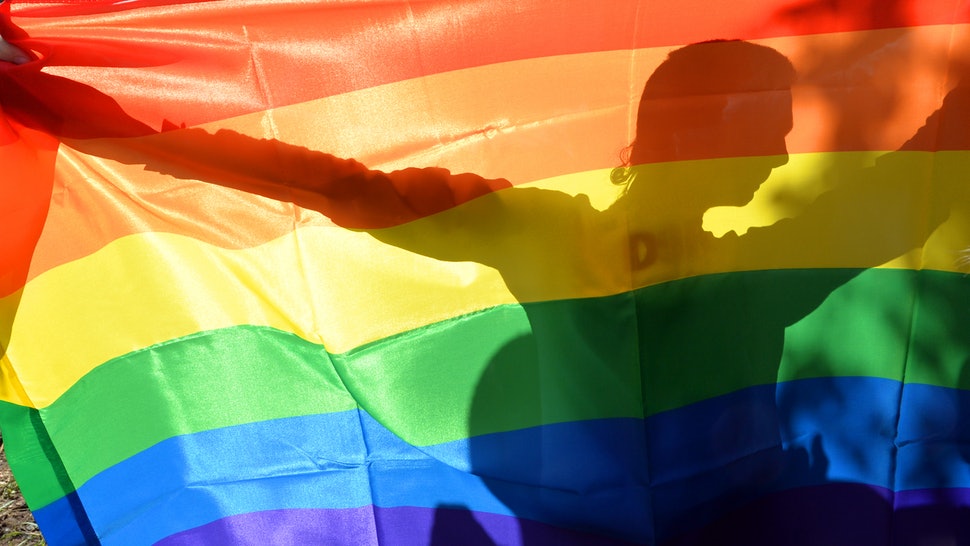
As this shows, sexuality is still a polarizing social identity and it can have a dramatic effect on a candidate’s role in politics. Although candidates should be judged on their policies, sexuality is an aspect that can easily trump even the best of ideas.
Additionally, since gay rights are a heavily battled issue between political parties, gay candidates are very unlikely to win over voters from parties such as the Republic party. Sexuality is perhaps the most dividing social identity, and heterosexual candidates get an automatic advantage.
Implicit Biases
Every candidate has a unique set of policies and leadership skills, but social identities still play a crucial role in voters’ evaluations of the contenders. While candidates with privileged social identities are automatically considered seriously, candidates lacking these identities must prove themselves to be more than their stereotypes.
If Kamala Harris, Pete Buttigieg, Cory Booker, and the other socially underprivileged candidates were thrown out of the race because of their social identities, would the Democratic nominee even be considered the true victor?
I’m running for president. Join me on this journey. https://t.co/fEDqOVIfwh pic.twitter.com/h1FTPUYRzo
— Cory Booker (@CoryBooker) February 1, 2019
Voters need to reflect upon and understand their implicit biases even if they are not explicitly against candidates with certain social identities. This will allow voters to make fair evaluations of candidates and their policies without being biased towards privileged social identities. Then, even if a Caucasian, heterosexual male wins the nomination, we will all know that the best candidate was picked.
If voter bases continue to make sexist, racist, and homophobic assumptions about their candidates, they will miss out on nominating the most qualified candidate and perpetuate discrimination in America.
Disclaimer: The views and opinions expressed here are those of the author and do not necessarily reflect the editorial position of The Globe Post.

